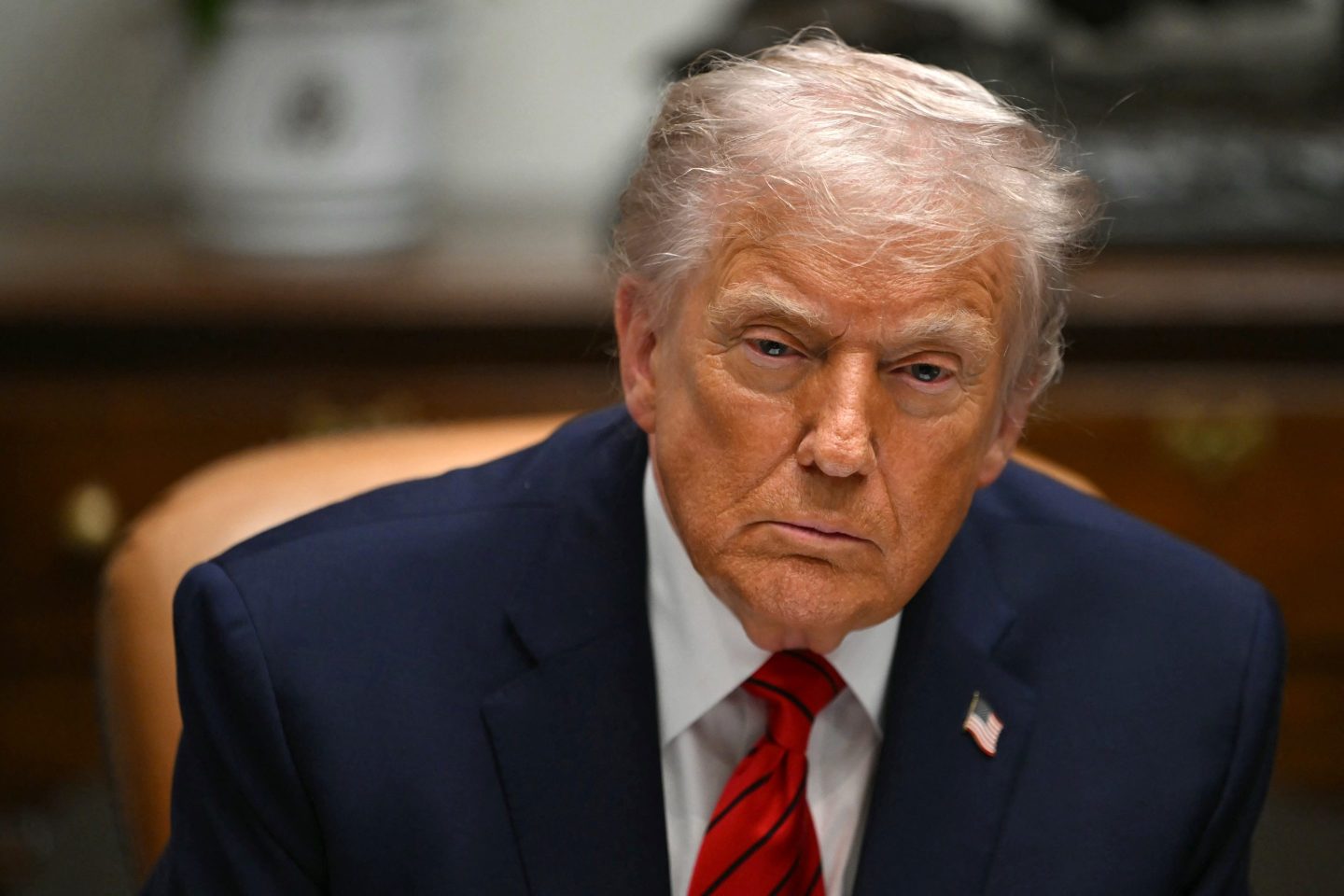The European Union’s competition authorities will on Thursday reportedly open an investigation into the British taxation of multinational companies.
According to a Wednesday Guardian report, competition commissioner Margrethe Vestager will probe the “controlled foreign company” rules that were introduced in 2011 by the then-coalition government of the Conservatives and Liberal Democrats and came into force in 2013.
The rule allows a U.K.-resident multinational firm to move some of its taxable income to an offshore subsidiary. According to the Guardian, the European Commission is concerned that this gives an unfair advantage to multinationals, harming British competitors who do not have the luxury of shifting their money around the globe in this way.
If the investigation establishes that the scheme is illegal under EU law, and it identifies particular multinationals that have benefited as a result of the loophole, then the Commission may force the U.K. to claw back taxes that would otherwise have been paid.
In the past year, the Commission has told Luxembourg to reclaim $294 million in unpaid taxes from Amazon, due to an illegal sweetheart deal between the company and the country’s tax authorities, and ordered Ireland to pull in a whopping $14.5 billion from Apple for similar reasons.
As the Financial Times reported earlier this week, a freedom of information request from law firm Pinsent Masons revealed that the British tax authorities reckon multinationals used foreign subsidiaries to avoid £5.8 billion ($7.7 billion) in U.K. corporate taxes last year alone.
Per the Guardian, this figure does not include taxes that were not paid as a result of the contentious controlled foreign company rules.
The figure revealed by Pinsent Masons represents a 50% increase over previous government estimates of unpaid corporate taxes. However, the law firm suggested that the increase was largely due to Her Majesty’s Revenue & Customs (HMRC) paying more attention to multinationals’ tax-avoidance schemes, as a result of so-called “Google tax” rules introduced by the government a few years ago.





